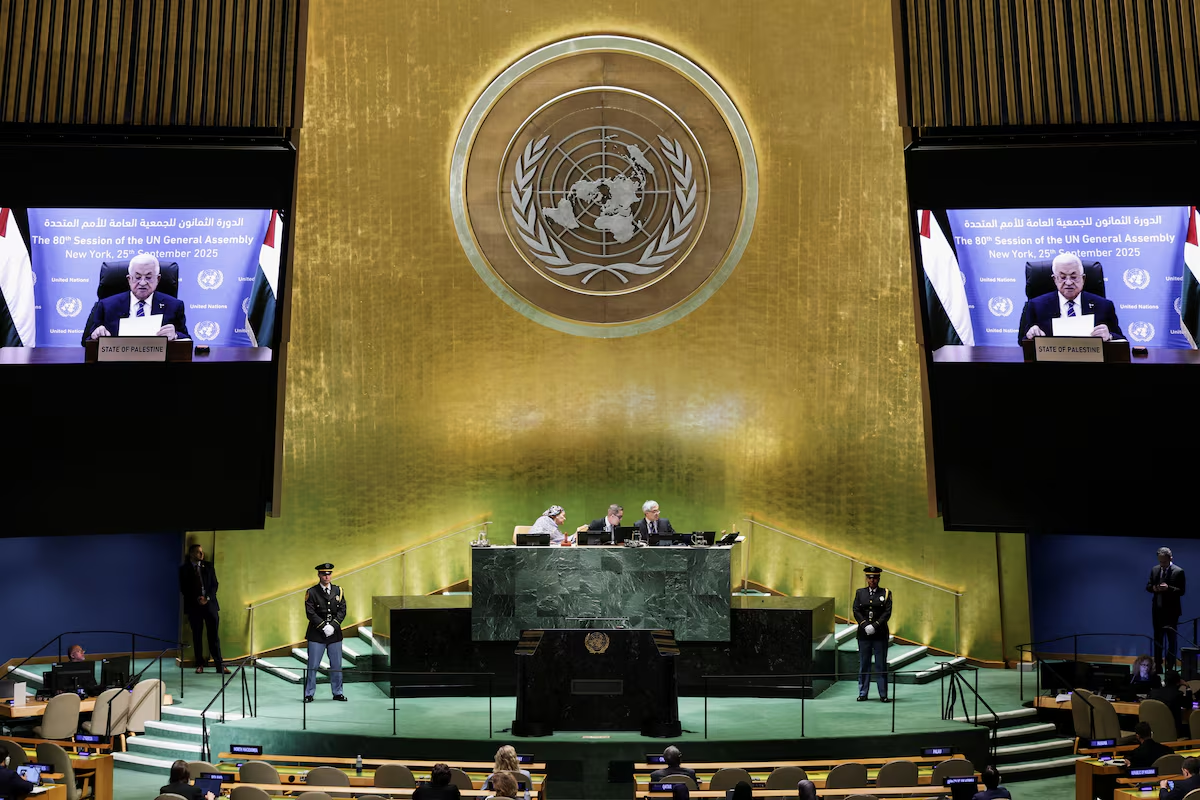The Alabama Supreme Court has made a monumental ruling. The future of reproductive healthcare for fertility clinics has been changed forever in the state of Alabama.
In vitro fertilization (IVF) is a complex treatment for infertility in which mature eggs are collected from ovaries and then fertilized by sperm in a lab. After contact, the fertilized eggs, classified as embryos, are surgically placed into a uterus. The baby then develops inside the uterus after the surgical transplant.
IVF is one of the most common and effective types of fertility treatments, with about 4 million births being conceived through the fertilization process annually. About 1% to 2% of all US births annually are made possible through IVF. In a frustrating and challenging journey of fertilization for American couples, IVF can serve as a beacon of hope, offering promising possibilities against the uncertainty of infertility challenges.
Three couples filed a case after their embryos were accidentally destroyed in an incident at the Alabama Center for Reproductive Medicine. A patient at a clinic entered a storage room full of embryos and accidentally destroyed them. The plaintiffs were devastated by the loss of these embryos in the lab, and they took the wrongful death of the embryos to court.
This legal case brings up vital questions for reproductive health: at what point does life begin? What is considered a “person” under the law? Can you murder someone that is not fully developed yet?
The ruling states that frozen embryos are given legal personhood. The ruling criminalized the destruction of embryos under a “Wrongful Death of a Minor” law.
“This Court has long held that unborn children are children for purposes of Alabama’s Wrongful Death of a Minor Act,” the ruling states.
A floodgate of responses poured out following the ruling. Couples in Alabama planning to utilize IVF have grown fearful over the possible implications of the ruling.
“Today, in 2024 in America, women are being turned away from emergency rooms and forced to travel hundreds of miles for health care, while doctors fear prosecution for providing an abortion. And now, a court in Alabama put access to some fertility treatments at risk for families who are desperately trying to get pregnant. The disregard for women’s ability to make these decisions for themselves and their families is outrageous and unacceptable,” President Joe Biden commented in an official statement.
A handful of fertility practices have halted IVF treatments since the ruling in fear of legal risk. The largest fertility clinic in the state, Alabama Fertility, shared its concerns over legal risk.
“We have made the impossibly difficult decision to hold new IVF treatments due to the legal risk to our clinic and our embryologists. We are contacting patients that will be affected today to find solutions for them and we are working as hard as we can to alert our legislators as to the far-reaching negative impact of this ruling on the women of Alabama,” the company writes in a Facebook post.
As the 2024 election continues to loom large over America, reproductive health remains a prominent issue for voters. This ruling in Alabama shone a light on the complexities of fertilization and women’s reproductive health.









